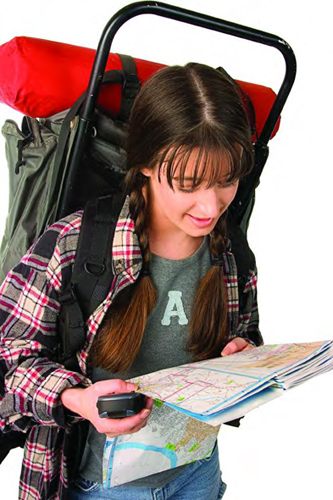GPS Units: Various Receivers for Various Needs
All GPS receivers use information from orbiting satellites to determine their location, but consumers will want to think about their own specific needs before making a purchase. Handheld units are ideal for hiking, cycling, and geocaching. Boaters will look for water-resistant marine units that map waterways and monitor depth. Automobile receivers come with preloaded maps. A voice will talk you through your route, turn-by-turn, as written directions are displayed on-screen.
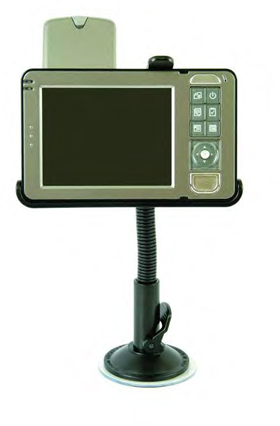
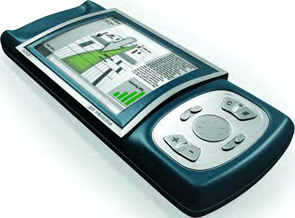
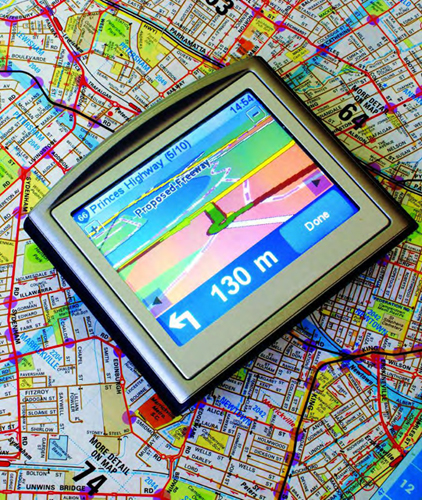
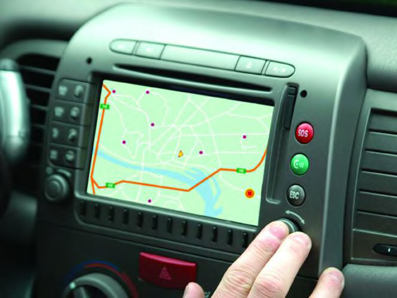
Many of us were introduced to the Global Positioning System through handheld or automobile receivers. We find it interesting to know where we are and how long it will take us to reach our destination.
We can plan long trips based on the information we receive from GPS technology. We not only enjoy using the unit to locate favorite restaurants and stores, but also to explore and discover new areas and attractions.
There is far more to GPS technology than finding our way to an unfamiliar address across town, whether we use it to spend a day geocaching or rely on it to help save lives in an emergency. The technology developed in the 1970s has become more accessible and more popular with each passing year. As creative minds come up with new uses for GPS, it will continue to grow in popularity and usefulness.
